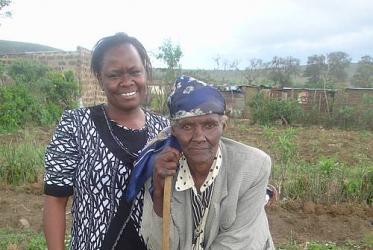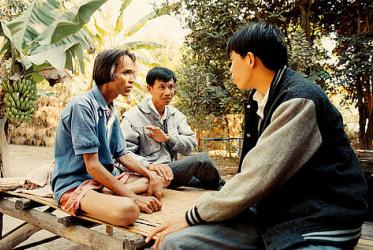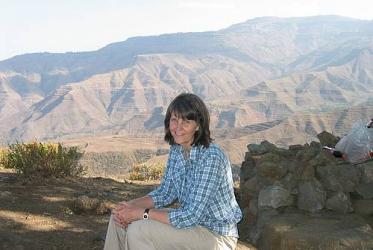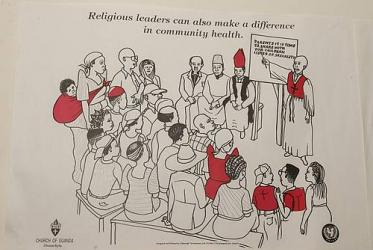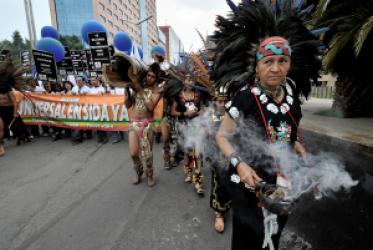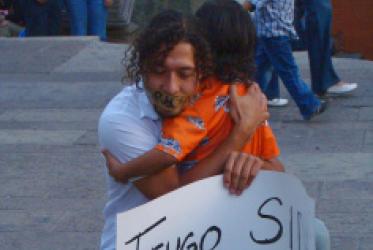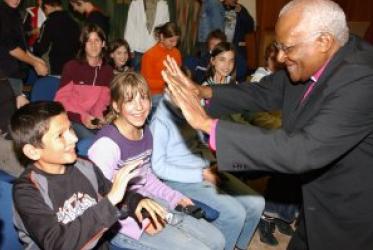Displaying 361 - 380 of 385
09 December 2011
A toolmaker for HIV and AIDS awareness in Lusophone Africa
03 November 2011
Accelerating the church's response to HIV
11 October 2011
Supporting parents dealing with HIV/AIDS impact
29 September 2011
Mobilizing youth and women to reduce HIV
22 September 2011
Rethinking theology for HIV response
06 September 2011
WCC's HIV work reaches quarter-century mark
30 June 2011
Building AIDS-competent churches in Southern Africa
23 June 2011
Books key to the battle against HIV and AIDS in Africa
23 February 2011
“They have no wine”
30 November 2010
Putting faith at work to halt the spread of HIV
24 March 2010
WCC concerned about anti-homosexual bill in Uganda
22 December 2009
Strong ecumenical women's presence at UN event
03 March 2009
20 years of World AIDS Day is time for faiths to "take stock"
28 November 2008
Global campaign to promote "HIV-competent" churches
06 August 2008
